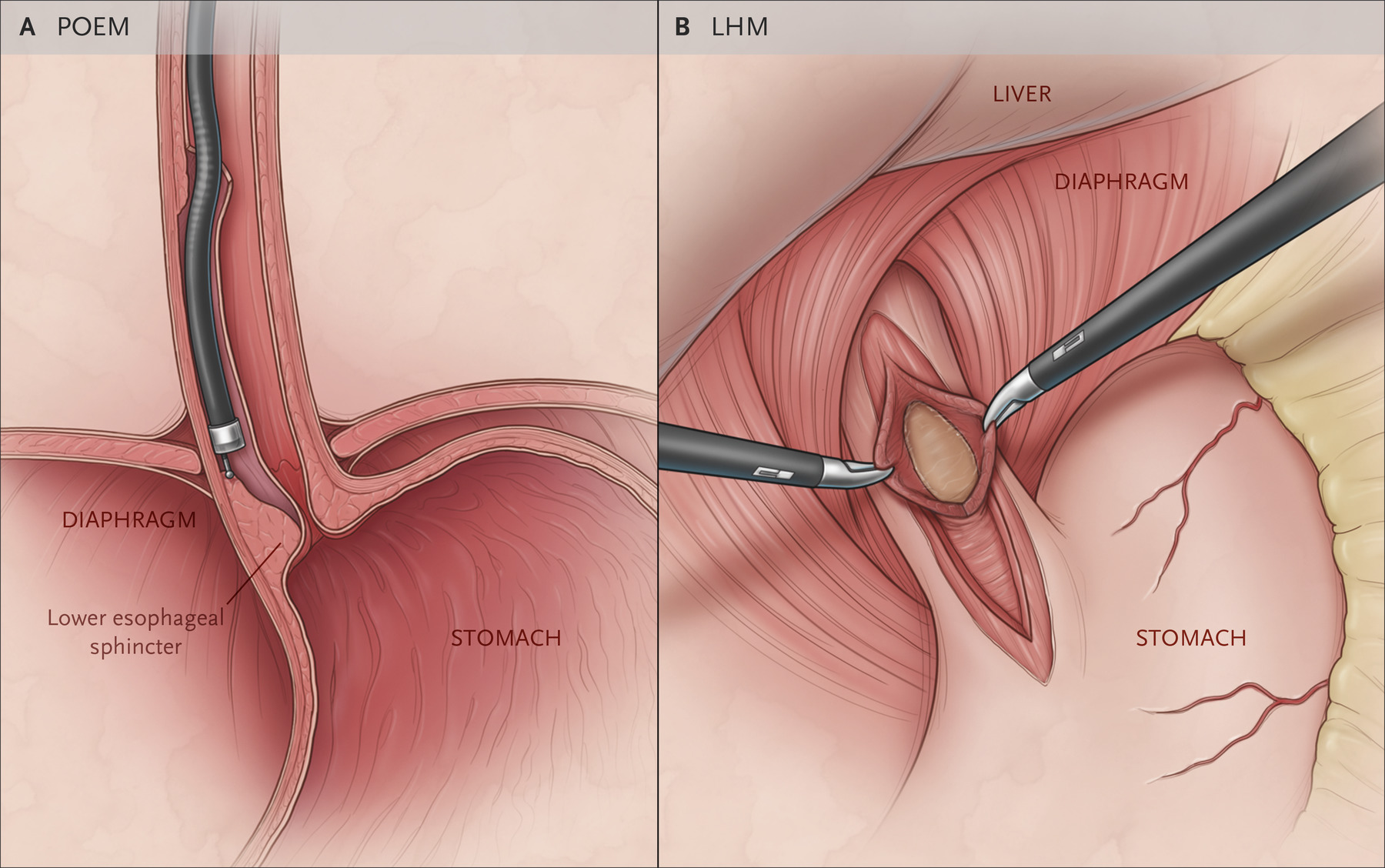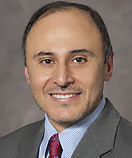Achalasia
Achalasia is a rare condition of the esophagus in which patients have difficulty swallowing. Patients often complain of chest pain, discomfort with swallowing, regurgitation of undigested food, and face significant weight loss. It is often confused with GERD. Normally the esophagus has motility that helps push food down into the stomach. In patents with achalasia, the normal motility is absent and the lower esophageal sphincter (the muscle where the esophagus and stomach meet) is too tight and fails to allow food down. The disease is progressive and generally gets worse over time.
A complete evaluation beginning with a barium swallow, upper endoscopy, and esophageal manometry, which we can do at our comprehensive Esophageal Motility Center. Through a thorough work-up, we assure a correct diagnosis and appropriate treatment plan are made for each individual. Because medications are not effective in treating achalasia and dilations or botox injections do not provide long-term relief, surgery is the best definitive way to improve the condition.
Robotic-assisted laparoscopic Heller Myotomy with partial fundoplication is one technique to divide and loosen the tight sphincter muscle to allow improved swallowing. A fundoplication (stomach wrap) is done then to prevent reflux. The surgery is done through several small incisions on the abdomen and a camera outside of the abdomen to complete the whole operation, thus helping decrease recovery times and enhanced outcomes. Per Oral Endoscopic Myotomy is also offered to treat achalasia which is a procedure also to release the tight sphincter muscle. This procedure is done entirely through the mouth using a camera and tools outside of the body.


